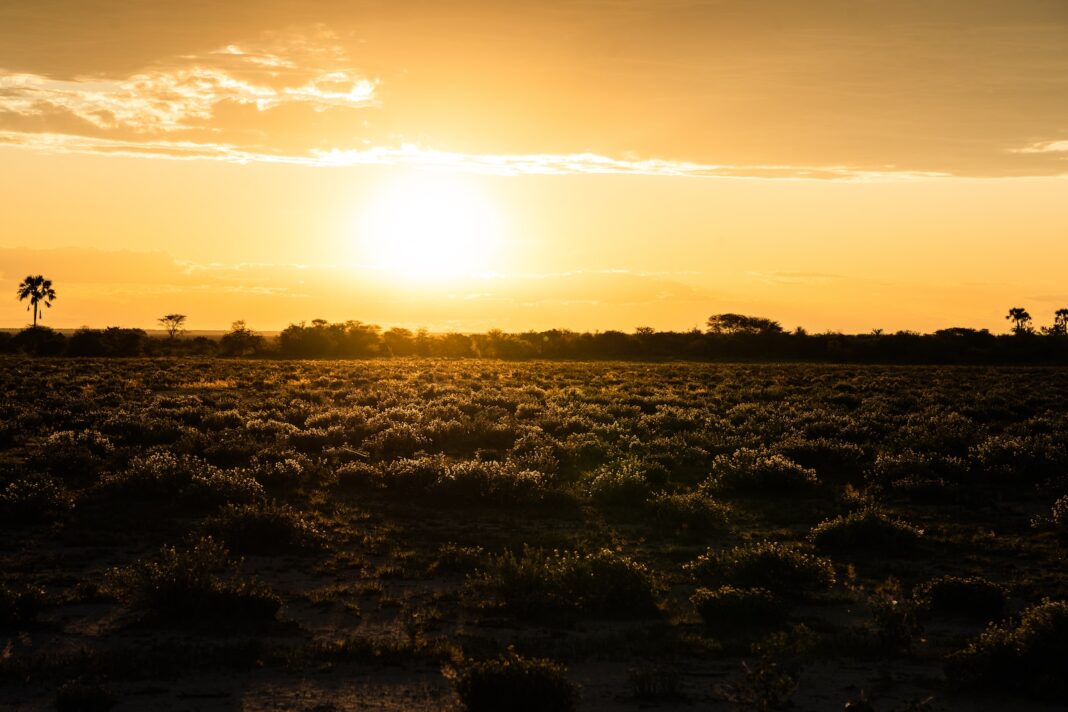In a summer marked by extremes, dangerous weather events have wreaked havoc across the Northern Hemisphere, inflicting severe damage on both human health and the environment. According to the World Meteorological Organization (WMO), this summer has witnessed a series of alarming occurrences, including intense heatwaves, record-breaking rainfall, wildfires, and marine heatwaves. Let us delve into the WMO’s report, featuring expert voices and quotes from their study, to gain deeper insights into the implications of these extreme events.
“The extreme weather – an increasingly frequent occurrence in our warming climate – is having a major impact on human health, ecosystems, economies, agriculture, energy, and water supplies. This underlines the increasing urgency of cutting greenhouse gas emissions as quickly and as deeply as possible.” – WMO Secretary-General Prof. Petteri Taalas.
“In addition, we have to step up efforts to help society adapt to what is, unfortunately, becoming the new normal. The WMO community is providing forecasts and warnings to protect lives and livelihoods as we strive to achieve our goal of Early Warnings for All.” – Prof. Petteri Taalas.
The Heatwaves: Setting New Records
China experienced a new national daily temperature record in July, with the Sanbao weather station in Turpan City in China’s Xinjiang province registering a temperature of 52.2°C on 16 July, setting a new national temperature record according to a report by the China Meteorological Administration.
Europe and North Africa reported new maximum temperature records. In Catalonia, Figueres recorded a new temperature record of 45.4 °C on 18 July (provisional all-time maximum). Similarly, a station on the Italian island of Sardinia recorded a scorching 48.2°C on 24 July.
Iran faced a staggering 50°C in early August, topping the list of extreme temperatures.
North America’s Battle with Heatwaves
Parts of the USA endured extensive heatwaves, and Phoenix, Arizona, suffered through the hottest July on record, with an average temperature of 102.7°F (39.3°C). According to the US National Weather Service, Phoenix recorded 31 days, as of 30 July, of daytime temperatures above 110 °F (43.3 °C). The overnight low temperatures were repeatedly more than 90°F (32.2°C).
Health experts have emphasized the importance of considering minimum temperatures in addressing the impact of heat waves on human health and infrastructure. “We need to broaden the focus beyond maximum temperatures because the minimum temperature is most important for health and critical infrastructure,” said WMO’s extreme heat senior advisor John Nairn.
Wildfires: A Trail of Destruction
Canada faced its worst wildfire season in history, with over 650 wildfires raging and more than 11 million hectares already burnt in 2023 – compared to the 10-year average of about 800,000 hectares. The resultant emissions significantly impacted air quality, affecting millions of people across North America.
“The total estimated wildfire carbon emissions for the year to date reached double the previous Canadian annual total,” reported the Copernicus Atmosphere Monitoring Service (CAMS) as of the end of July.
Marine Heatwaves: Oceans in Crisis
Rising sea surface temperatures have led to severe marine heatwaves, with the Mediterranean Sea experiencing exceptionally high temperatures, exceeding 30 °C in some parts, and more than 4 °C above average in a large part of the western Mediterranean.
“The impacts of marine heatwaves include migration of species and extinctions, arrival of invasive species with consequences for fisheries and aquaculture,” stated the WMO.
Heavy Rains and Floods: Asia’s Ordeal
China’s capital, Beijing, and the province of Hebei experienced record-breaking rainfall induced by tropical cyclones, leading to significant casualties and prompting major relief and rescue operations.
“As the planet warms, the expectation is that we will see more and more intense, more frequent, more severe rainfall events, leading also to more severe flooding,” said Stefan Uhlenbrook, Director of hydrology, water, and cryosphere at WMO.
In northern India, heavy monsoonal rainfall and flooding caused dozens of fatalities, with the mountainous state of Himachal Pradesh being badly hit, along with the regions of Punjab, Rajasthan, and Uttar Pradesh. New Delhi reportedly marked its wettest July day in 40 years, with 153 millimetres (6 inches) of rain falling in one day.
Urgent Action Needed
The WMO’s report sheds light on the severity of extreme weather events and underlines the necessity for global efforts to combat climate change, adapt to these new challenges, and protect lives and livelihoods. As we strive to achieve the goal of early warnings for all, our ability to mitigate the impact of such events will depend on immediate and collective action on a global scale. The summer of [current year] has served as a stark reminder of the urgent action needed to address climate change and its far-reaching consequences.









